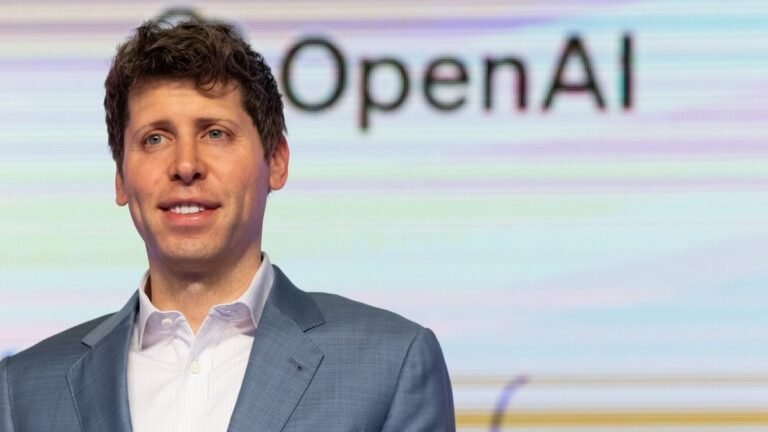OpenAI, the parent company of ChatGPT, has announced the departure of CEO Sam Altman, citing Altman’s “lack of candor” in communications and doubts at his ability to lead the company forward as the primary reasons behind the decision.
This move follows Altman’s recent announcement of a new feature allowing users to build their own versions of ChatGPT.
OpenAI’s decision to part ways with Altman comes at a time when ChatGPT has experienced unprecedented success, amassing over 100 million active monthly users within its first quarter. The announcement has left both the tech community and the public in disbelief.
Altman reportedly learned about the decision just minutes before a Google Meet call informed him officially. Subsequently, Greg Brockman, co-founder and president of OpenAI, who was also removed as chairman of the board, has also resigned in solidarity with Altman. Numerous senior researchers at the company have followed suit.
Investors, including Microsoft, were reportedly blindsided by Altman’s leaving. Microsoft is said to have been informed just a minute before OpenAI made the public announcement. Vinod Khosla, CEO of Khosla Ventures, expressed support for Altman on Twitter, stating a desire to see him back at OpenAI, with backing for whatever venture he pursues next.
Investor Pressure Calling for Altman’s Return
Despite the news, Altman and Brockman are reportedly in talks with OpenAI to return to their positions. Investor intervention, particularly from Microsoft and Thrive Capital, seems to be playing a pivotal role in the potential reversal. While negotiations are ongoing, Altman is said to be laying down conditions for his return, including changes to the composition of the board and increased control.
The reversal, if successful, could mark a significant chapter in OpenAI’s history, with Altman gaining renewed influence and potentially reshaping the company’s trajectory. However, the board’s initial decision and its unexplained reference to Altman not being “candid in his communications” raises questions about the motivations behind the shakeup and what the board envisions as success for OpenAI’s future.




